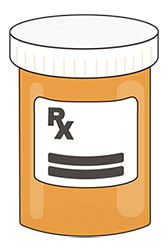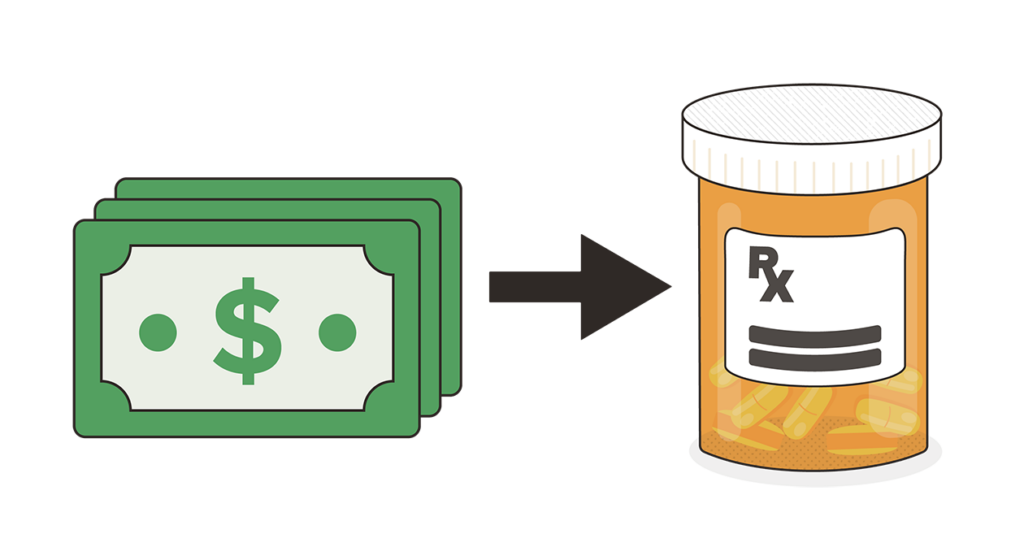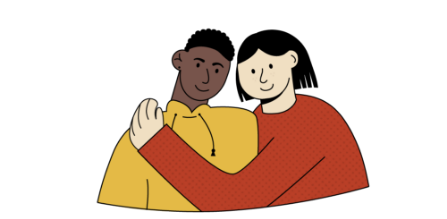Quitting tobacco increases overall health and life expectancy by reducing the risk of significant health issues like lung cancer and other cancers, heart disease, stroke, and Chronic Obstructive Pulmonary Disease (COPD).
There are free resources available to people who want help quitting tobacco, regardless of income or insurance status. If you’re ready to quit, the Oregon Tobacco Quit Line offers free services, including tips, information, counseling calls with a Quit Coach, and support getting Nicotine Replacement Therapy (patches, gum or lozenges). Most insurance plans, including Oregon Health Plan (OHP), cover services to help you quit tobacco.
Call the Quit Line directly at:
- English: 1-800-QUIT-NOW
- Español: 1-855-DEJELO-YA
- TTY: 1-877-777-6534











